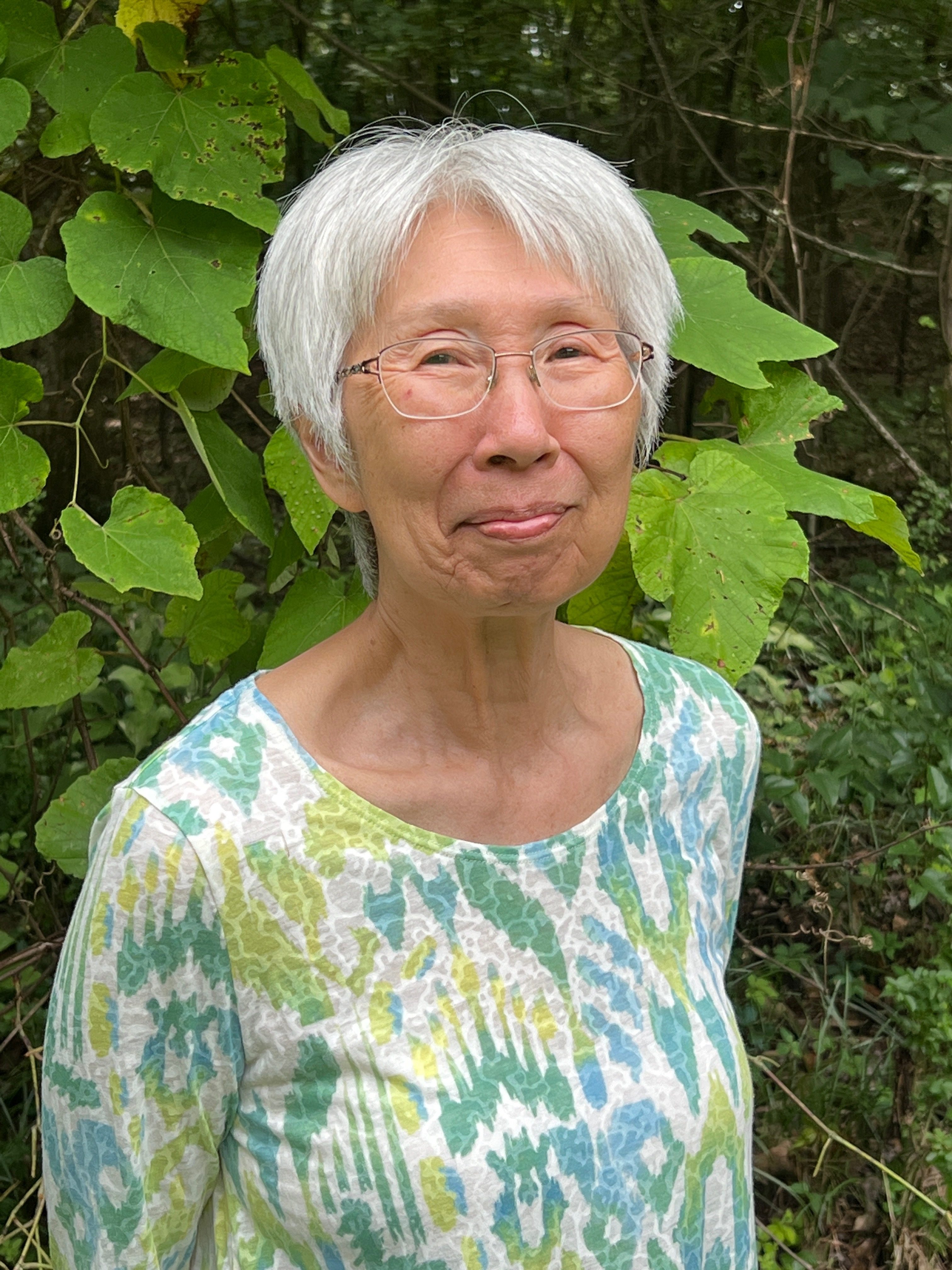Chinese emigrants have rich North Mississippi heritage
Published 8:36 am Wednesday, July 12, 2023

- Emmi Dunn
[Editor’s Note: This story is one of a series about Chinese immigrants in Mississippi by Memphis Chinese historian and author, Emmi Dunn, who was born in Clevelandand grew up in the Delta. For seven years, Dunn has researched and preserved the history and genealogy of Chinese families who made their mark in the Mid-South. Her main area of interest is on Chinese immigrants who spoke Cantonese.]
By Emmi Dunn
Itinerant young men seeking jobs across the U. S. may have been more prevalent than is known. The life story of Joe Gow Yung is typical of many of the young men who emigrated to the United States in the early years of 1900s. Many young men traveled unaccompanied, and Gow Yung seemed to be no exception at age 14.
He arrived at the San Francisco port on Oct. 15, 1914. More than likely, he waited at Angel’s Island until his release on Nov. 9, 1914; thereafter he traveled to Dallas, as noted on the manifest.
Almost six years passed before Gow Jung made a return trip to visit family in China. Classified as a son of a native, Gow Jung applied for a passport in San Francisco on April 14, 1920. The passport described him as five feet and four and a half inches.
The photo shows a youthful face described as having a small mouth, round chin and flat nose. A distinguishing mark was listed as a mole below the right nostril. He was 20 years old.
Joe Gow Jung stated in his application that his father was named Sue/Sun Lee Joe, born in San Francisco and resided in Oklahoma. Yee Dock Mow, a witness, testified that he knew Joe Gow Yung for over two years.
Yee’s occupation was cook – the same as Gow Jung.
He booked passage on the ship Ecuador scheduled to leave on May 1, 1920. Within two years he would return to the U.S. In August 1921, the ship Nile docked at San Francisco and Gow Jung disembarked.
Here he visited his father and grandfather Sing Yuen at 135 Waverly Place before continuing his journey to Robinsonville to work at Jim Lee and Co. for eight plus years.
His third and last trip to China was from March 9, 1929 to Dec. 13, 1930. During this visit, he stated that he stayed with his wife Quan Shee in Yung Huang village in Sunning.
On the return voyage, he may have met other Chinese living in the South, such as Jiu Wing Chew, a grocer, from Hughes, AR, or Chu See Mok returning from school to his hometown Glen Allen.
Between 1930 and 1942 Gow Jung continued working at Robinsonville but also moved to Kansas City, where he registered for the military. On the registration his contact person was Henry Chow, a waiter. Gow Jung remained in Kansas City until his death in 1964 on Jan. 10.
He returned to his previous occupation, that of being a cook, and probably worked at King Joy Lo Canton House or House of Toy.
Harry Toy, the owner of both restaurants, was the informant on the death certificate. Joe Gow Jung died at age 63 and was laid to rest at Highland Park Cemetery in Kansas City, Kan.
To avoid the anti-Chinese sentiment in California, Gow Jung probably decided to seek a more friendly place and possibly a less stressful job as a cook. The network of clan family and friends probably kept him informed of what was happening in the South, thereby enabling him to seek employment there.
In the 1920s and 1930s, Robinsonville would have been larger than what it is today and busier. The cultivation of cotton and other crops was an important industry in the Mississippi Delta, including Robinsonville.
In spite of that, Gow Jung moved to Kansas City, returning to his first occupation. It appears that his wife and children (if any) never joined him in Kansas for reasons unknown.





